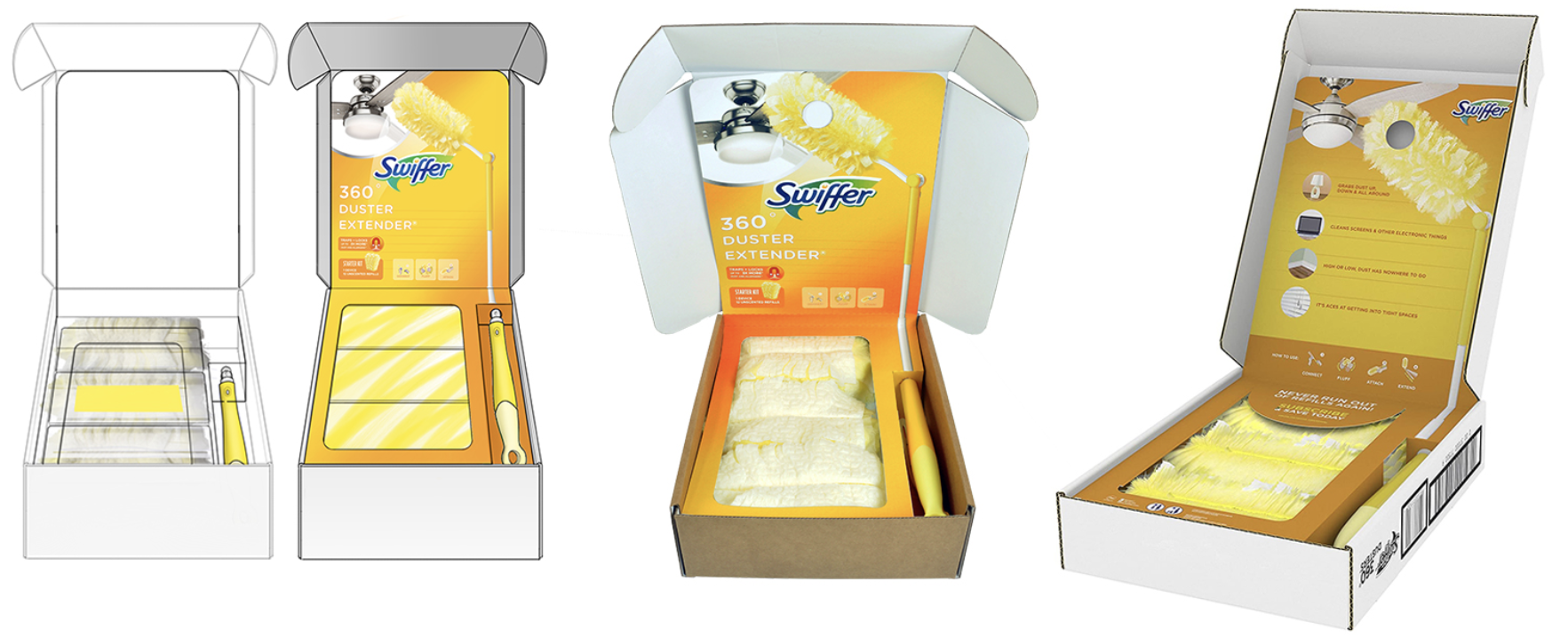Product liability Insurance, also known as products-completed operations insurance, provides solid protection for your business relating to the manufacturing or sale to the public of products, foods, medicines or other items. Specifically, as part of commercial general liability (CGL) policy, this coverage provides protection against liabilities for losses due to injuries caused by malfunctions or defects in your products—including design defects or a failure to warn consumers about the dangers of using a product.
Even if you do not physically manufacture a product, you may be at risk for litigation. The actual manufacturer is not the only party liable for product flaws, defects and failures—retailers and wholesalers can also be found negligent. This is because there is a stream of commerce that a product goes through from its inception to the hands of the consumer. If your organization had any part in that stream, and as long as the product was defective when it left your control, you can be held liable for any problems that arise. Product liability is a complex exposure and managing your risk can be a major undertaking even if you have access to all the right resources.
While contracts can provide protection and cushion the cost of manufacturing defects caused by third parties, they often won’t protect the primary company if a consumer is injured.
Product liability insurance protects organizations from a variety of liability concerns, even if a defect is caused by an outside supplier. To supplement a contractual risk transfer program, product liability insurance is critical.
Here are a few ways to limit the product liability exposure in your business:
- Develop a quality control program and distribute it to your employees. It should outline procedures for product safety, design, testing and inspection. It should also include information regarding traceability, guidance regarding customer complaints and a product recall program.
- Place serial or batch numbers on all products to ensure that they are traceable in case of a recall.
- Keep records of all information about your products, including testing, product performance, component percentages and complaints.
- Ask a legal professional to review warning labels, assembly and operating instructions, disclaimers, and any other information distributed to consumers.
- Ask a legal professional to periodically review contracts and hold-harmless agreements for use with your customers and subcontractors. Ensure that these contracts limit the liability you will assume for a quality product. Also consider obtaining certificates for liability insurance from your subcontractors (talk to your insurance consultant about this!)
Big box retailers have insurance requirements (sometimes asking for extremely high limits) and insurance is almost always a box that needs to get checked in order to have your product in that store. We can help your business not only check that insurance box but also help to make sure you are properly covered at the best terms and price in the marketplace.
This guest blog post was written by Joshua Luetkehans at Connor & Gallagher OneSource, a business insurance agency (https://www.gocgo.com/). Have questions about product liability insurance or needing to get a COI for a retail partner? Contact Joshua by email at jluetkehans@gocgo.com or by phone at 630-687-6417.



